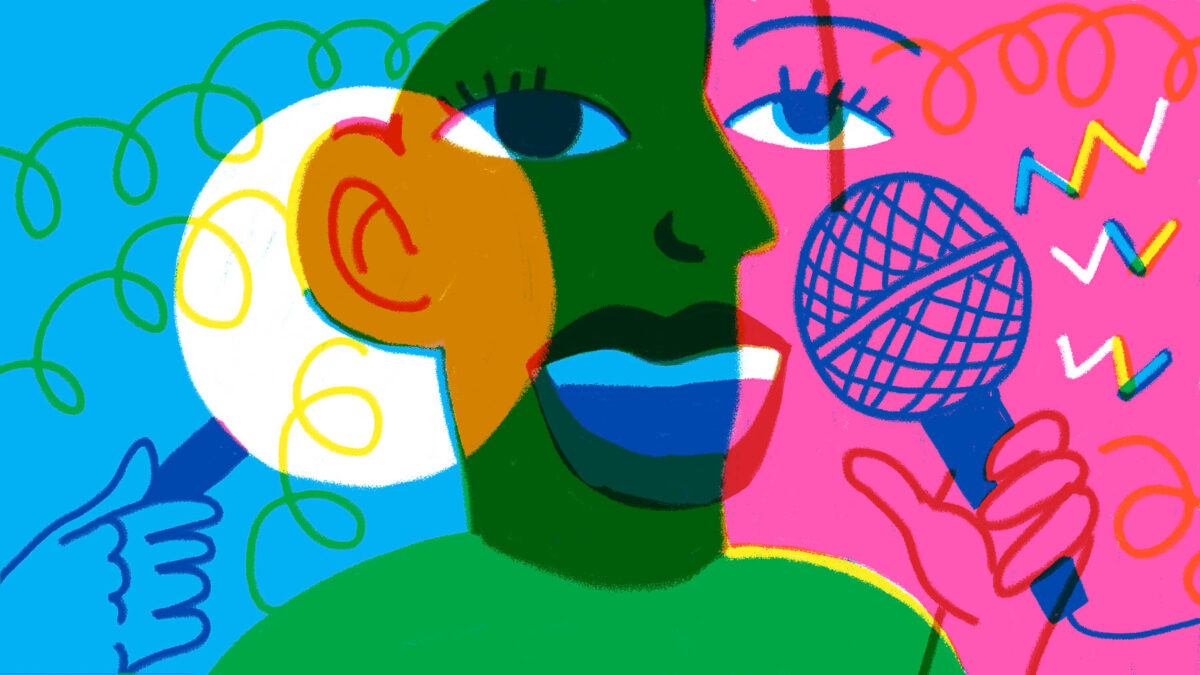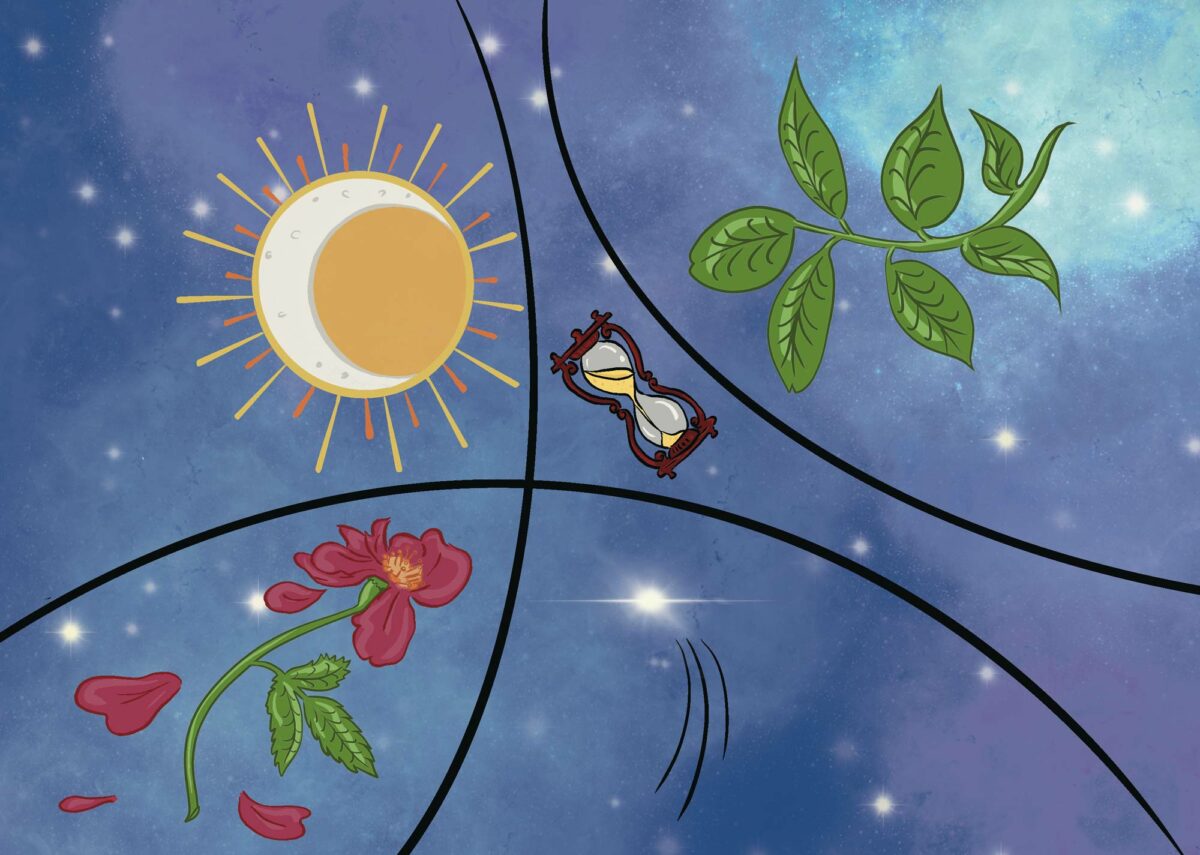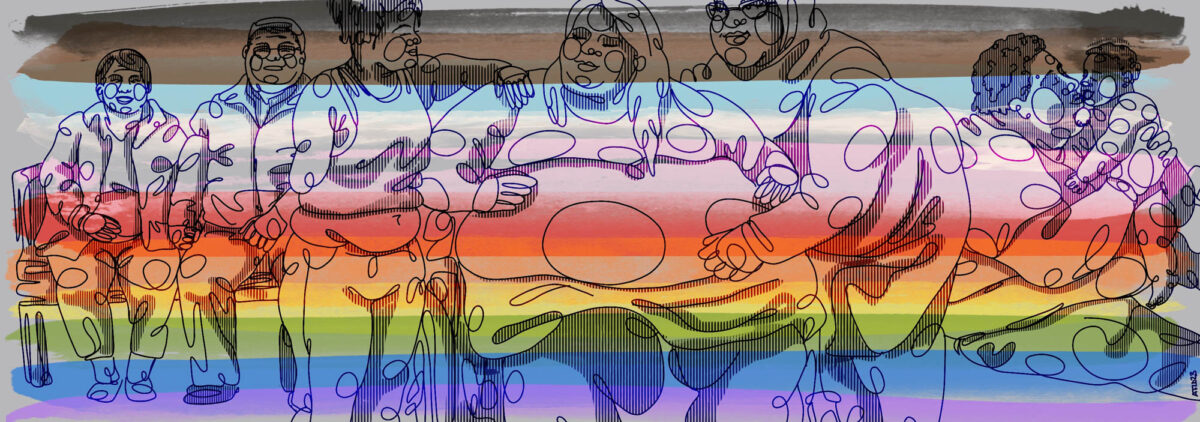People exist within complex constellations of identities and power, and so, too, do our discussions of who can speak with authority within a movement. Like many movements and fields before it, Fat Activism and Fat Studies began as a means of centering the lived experiences of fat people, specifically centering those narratives against the monolithic socio-medical narrative of fatness as inherently unhealthy, flawed, and damaging. Yet, tensions remain about which narratives best counter stigmatizing discourses of fatness and what to do with narratives that may sometimes echo the storylines of suffering or pain that activists and scholars have worked so very hard to counter.
This article aims to work through the important questions of how we assign, vet, and perhaps even control, narratives within the movement for fat justice as it manifests within activist communities and within Fat Studies as a field. We don’t seek to establish a strict set of guidelines for determining the legitimacy of any individual’s narrative or determine who is and isn’t allowed to speak on behalf of fat people, but we do hope to outline the key issues to be raised in such discussions about narrative authority. We argue that if we hope to truly “thicken” our description of fatness/Fat Activism/Fat Studies, we must not disavow or silence voices that are also influenced by experiences of race, sexual assault, trauma, and weight loss surgeries. We must engage with these voices in a way that positions such narratives as learning moments that challenge the movement in the best possible ways.
In the interest of full disclosure, we arrive at the writing of this article from similar yet different places that have both spurred our interest in this subject and given us a particular lens through which to view these questions. As researcher Beatrice Beebe once said, “most research is me-search” (as cited in van der Kolk, 2014, p. 111). Thus, we have taken up this issue, at least in part, because we have lived experiences of fluid bodies and the questions those fluid bodies evoke within our lives, others’ lives, and within Fat Studies and Fat Activist communities. We also come to this writing from a point of privilege as two women who identify as white and who haven’t had to negotiate the politics of being marginalized via race while we’ve negotiated the politics of being fat.
Brown, H., & Herndon, A. M. (2019). No bad fatties allowed?: Negotiating the meaning and power of the mutable body. In M. Friedman, C. Rice, & J. Rinaldi (Eds.), Thickening fat: Fat studies, intersectionality and social justice (pp. 139–149). Routledge.





